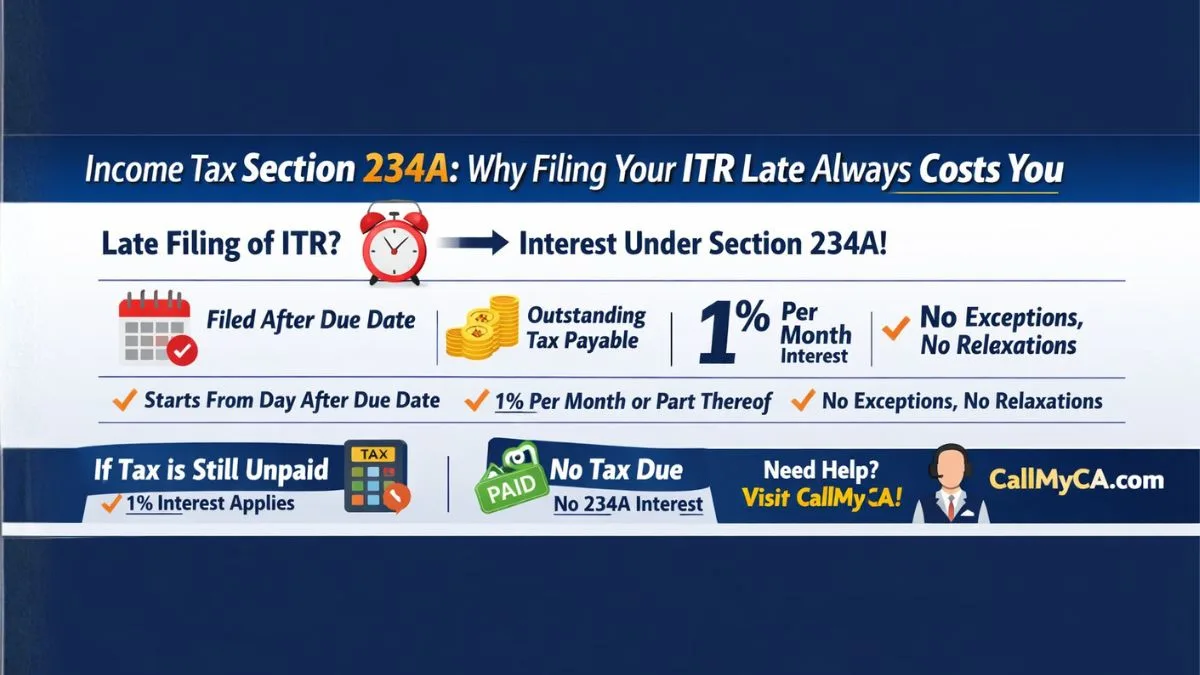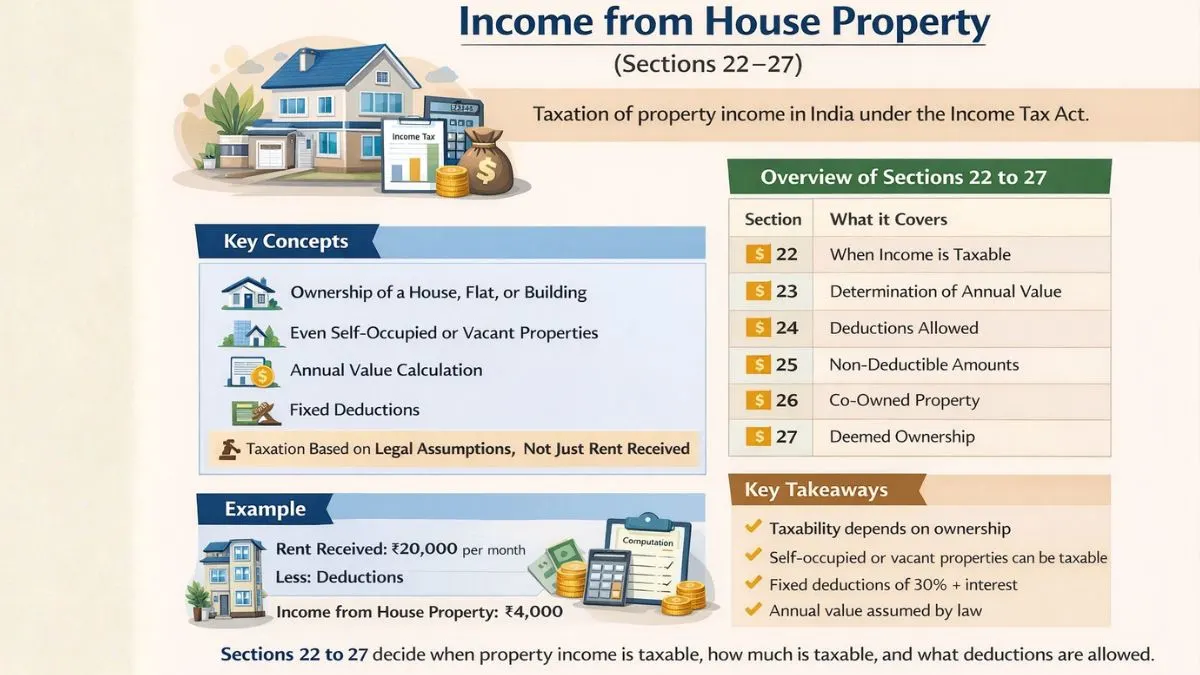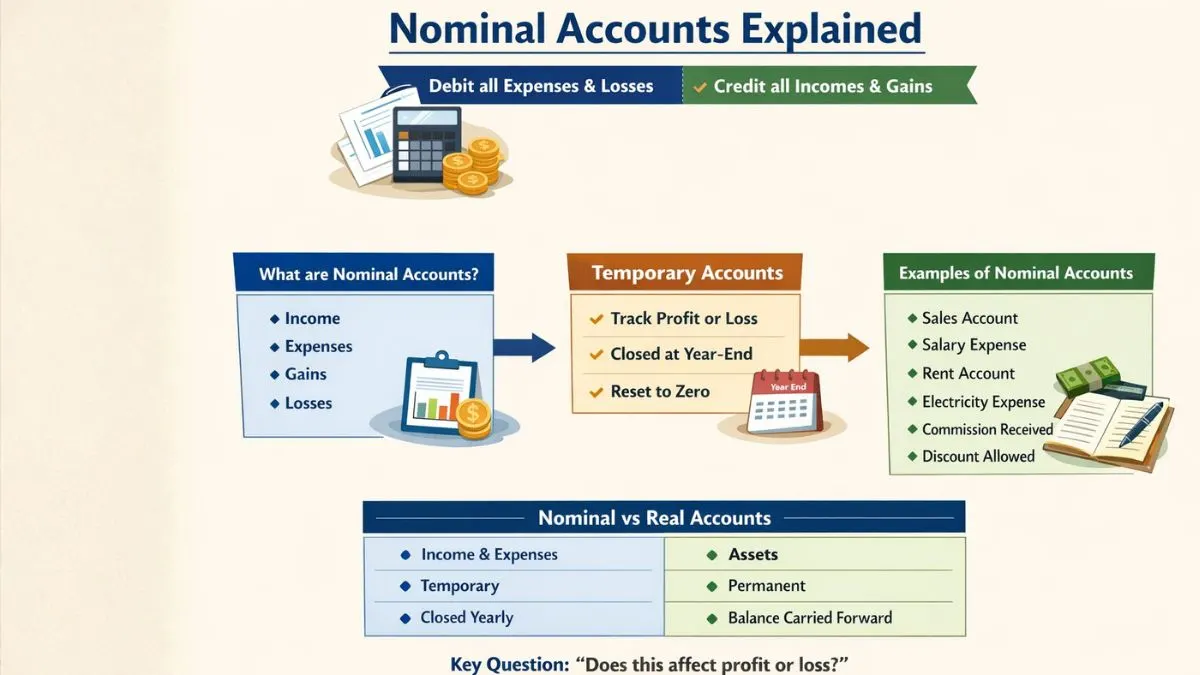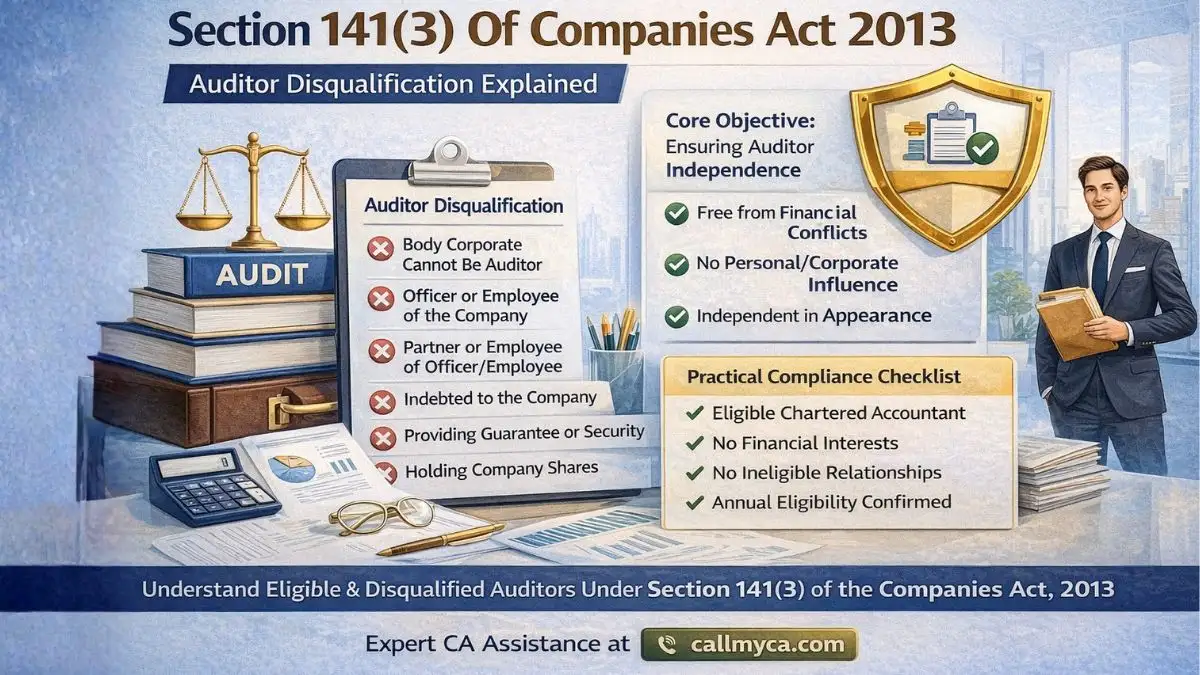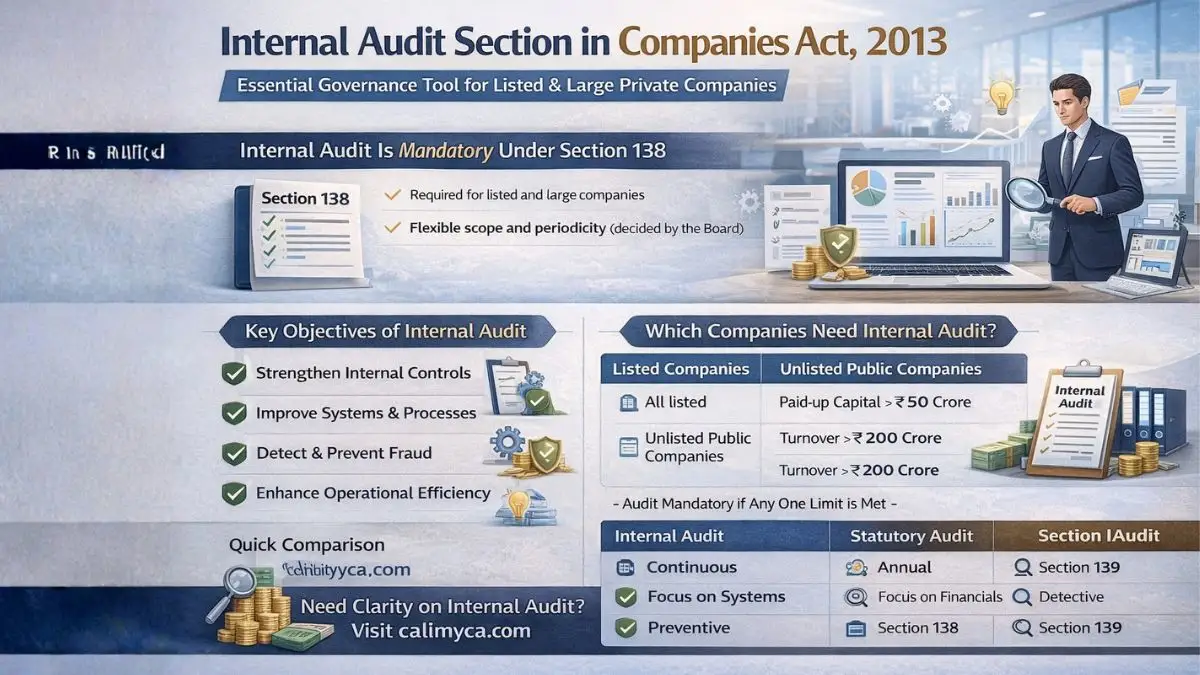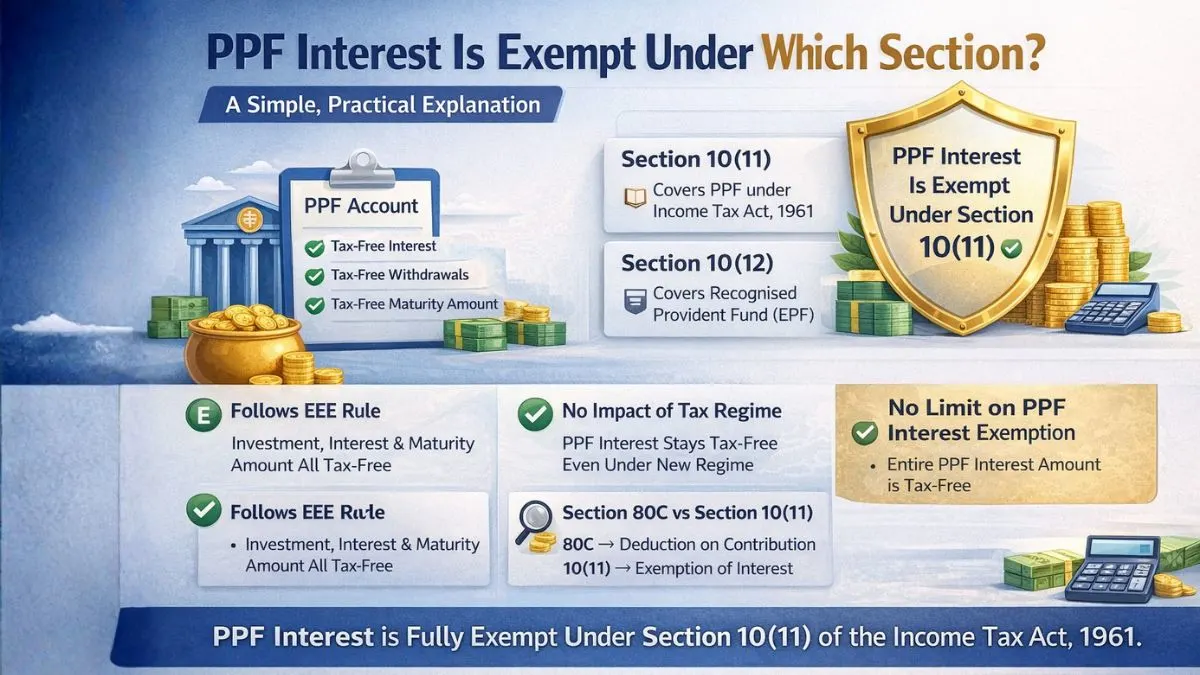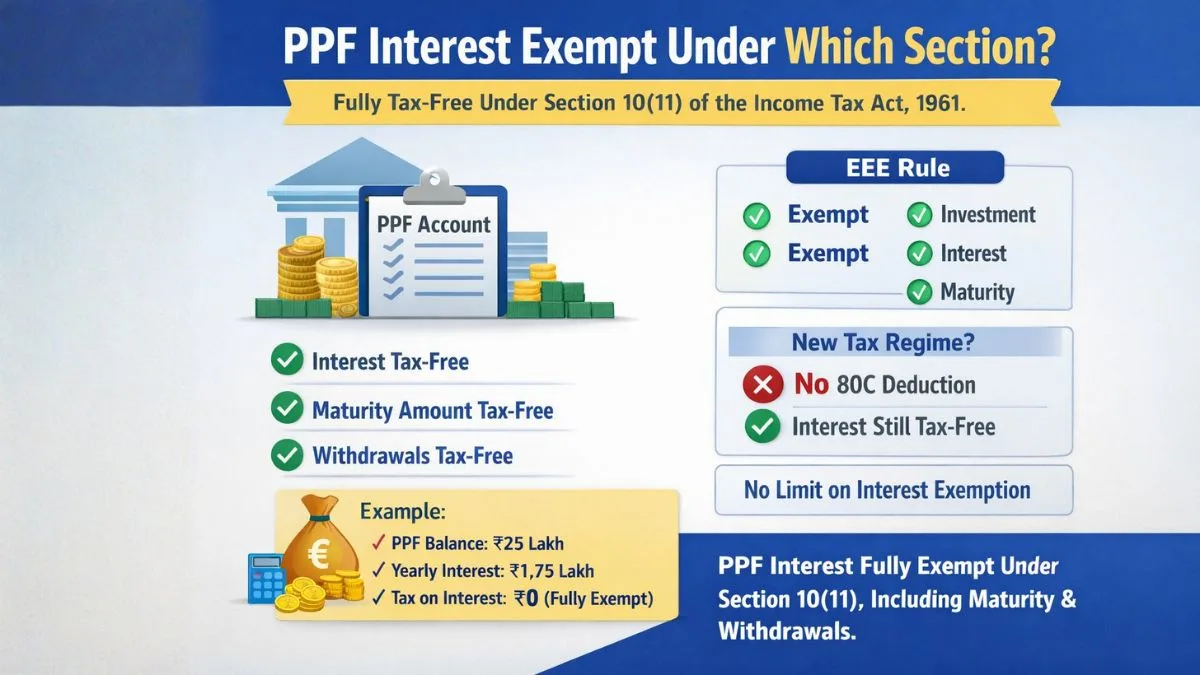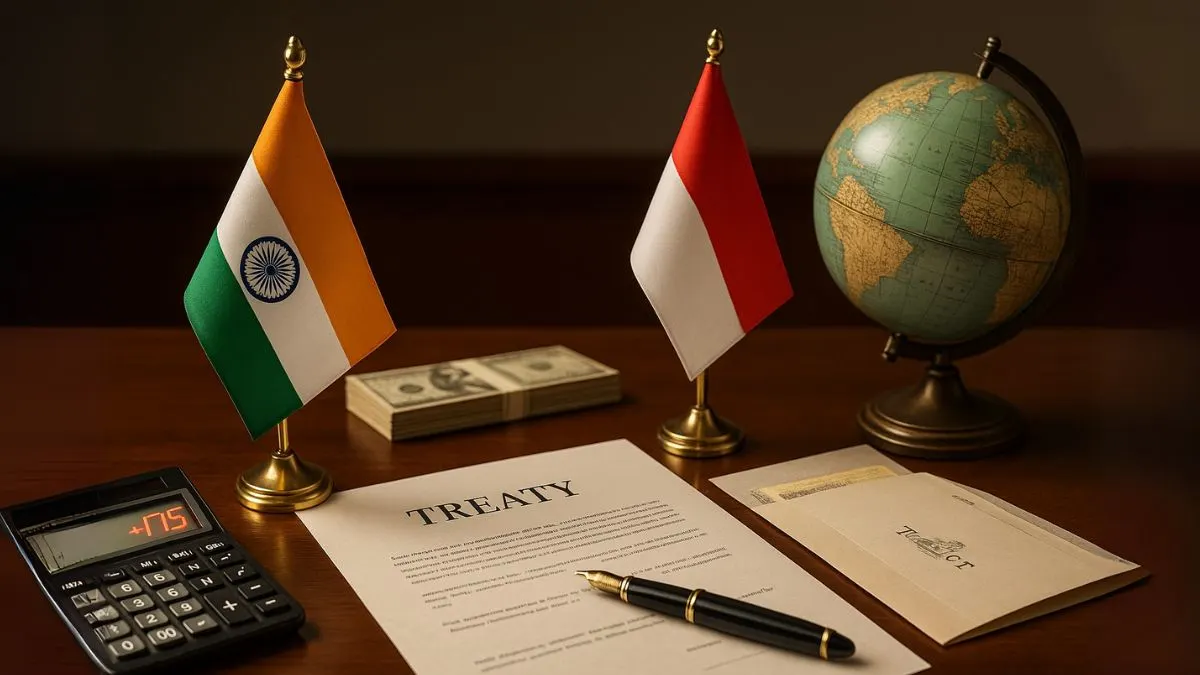
For individuals and businesses earning income across borders, taxation can feel like walking a tightrope. On one hand, you pay taxes in the country where you earn your income. On the other, you may also have to pay tax on the same income in your home country. This unpleasant situation is called double taxation, and without the right provisions in place, it can lead to a heavy financial burden.
Thankfully, Section 90 of the Income Tax Act is designed to protect taxpayers from this double hit. It provides relief from double taxation by enabling India to sign an agreement with foreign countries or specified territories. These agreements, known as Double Taxation Avoidance Agreements (DTAAs), ensure that your hard-earned income is not taxed twice.
Why Section 90 Matters for Taxpayers
The primary purpose of Section 90 is to provide bilateral relief from double taxation. This means that relief is granted through mutual agreements between India & other countries. Such treaties decide which country gets to tax a particular income, how much tax should be charged, and the methods to avoid taxing the same income twice."
By setting clear tax rules, these agreements also prevent tax evasion, improve transparency, and make global trade more attractive for Indian residents. Whether you are an employee working abroad, a freelancer with foreign clients, or a business engaged in global operations, Section 90 can directly impact your bottom line.
Understanding the Core of Section 90
Under Section 90, the Government of India can:
- Enter into DTAAs with foreign nations or specified territories.
- Specify the method for tax relief, such as full exemption or tax credit.
- Exchange tax-related information to identify and prevent evasion.
- Assist in recovery of taxes when requested by a treaty partner.
Matters involving double taxation can be resolved under the provisions of Section 90, but only if a DTAA exists between India & the other country. This is why understanding your treaty rights is crucial for planning your taxes efficiently.
Also Read: A Detailed Guide on Bilateral Relief from Double Taxation
Who Can Claim Relief Under Section 90?
The relief applies exclusively to Indian residents. If you are a resident of India and have earned income abroad, you can claim relief under this section provided there’s an agreement with the country where your income is taxed.
For example:
An Indian consultant providing services to a UK-based company may have tax deducted in the UK. Since India and the UK have a DTAA, the consultant can claim credit for the UK tax paid while filing their Indian return.
Relief under this section may be claimed by an Indian resident by complying with certain documentary and filing requirements, including submission of proof of foreign taxes paid and filing of Form 67.
Two Methods of Double Taxation Relief
Section 90 offers two recognized methods for providing relief:
- Exemption Method – Income is taxed only in one country, as agreed in the DTAA.
- Tax Credit Method – Income is taxed in both countries, but the country of residence gives credit for taxes paid in the source country."
Most Indian DTAAs follow the tax credit method, ensuring you can reduce your Indian tax liability by the amount already paid overseas.
Section 90 vs Section 91 – What’s the Difference?
While both sections deal with double taxation, they operate differently:
- Section 90: Applicable when India has a DTAA with the other country – offers bilateral relief from double taxation.
- Section 91: Applicable when no DTAA exists – offers unilateral relief.
So, if you work in a DTAA country like the US, UAE, or Singapore, you’ll claim relief under Section 90. But if you earn in a non-treaty country, Section 91 will apply.
A Practical Example of Section 90 in Action
Imagine Ramesh, an Indian resident, works on a short-term project in Singapore & earns ₹8 lakh. Singapore taxes this income, and so does India on his global earnings. However, due to the India–Singapore DTAA, Ramesh can claim credit for the tax already paid in Singapore. This ensures he only pays the higher of the two taxes, not both in full.
Without Section 90, Ramesh would have been taxed twice, reducing his net income significantly.
Also Read: Income Tax Intimation Under Section 143(1)
Steps to Claim Relief Under Section 90
To benefit from Section 90, follow these steps:
- Check the relevant DTAA between India & the country where your income originates.
- Gather documentation such as foreign tax certificates, pay statements, or invoices showing tax deduction."
- File Form 67 on the Indian income tax portal before filing your ITR.
- Declare foreign income and tax paid correctly in your return to avoid disallowance of relief.
Countries Covered Under Section 90 DTAAs
India has signed DTAAs with over 90 countries including:
- USA
- UK
- UAE
- Singapore
- Canada
- Australia
- France
- Germany
Each treaty has its own rules & rates, so reading the specific agreement is important before claiming relief.
Common Misconceptions About Section 90
- DTAA means no tax at all – Wrong. DTAA doesn’t exempt you from tax completely; it prevents double taxation.
- It applies to everyone – Only Indian residents can claim relief under Section 90.
- It’s automatic – Relief must be claimed by filing proper documentation & following due process.
Why This Section Is Important for Global Professionals
Section 90 plays a vital role in India’s integration into the global economy. It encourages Indian talent & businesses to expand internationally without the fear of excessive taxation. It also ensures that India remains competitive in attracting foreign investment by offering fair tax treatment to global income.
In a world where cross-border trade and remote work are becoming the norm, this provision is more relevant than ever.
Also Read: Save Tax on Capital Gains by Investing in a Residential House
Final Thoughts
The Section 90 of Income Tax Act is not just a tax relief provision – it’s a safeguard for Indian residents participating in the global economy. By preventing double taxation through bilateral relief from double taxation, it promotes fairness, transparency, and economic growth.
If you have foreign income, knowing how to use Section 90 can help you save significantly and stay compliant with tax laws in both countries.
Earning abroad? Don’t let double taxation eat into your income – our tax experts at Callmyca.com can help you claim maximum relief under Section 90 & keep more of what you earn.

